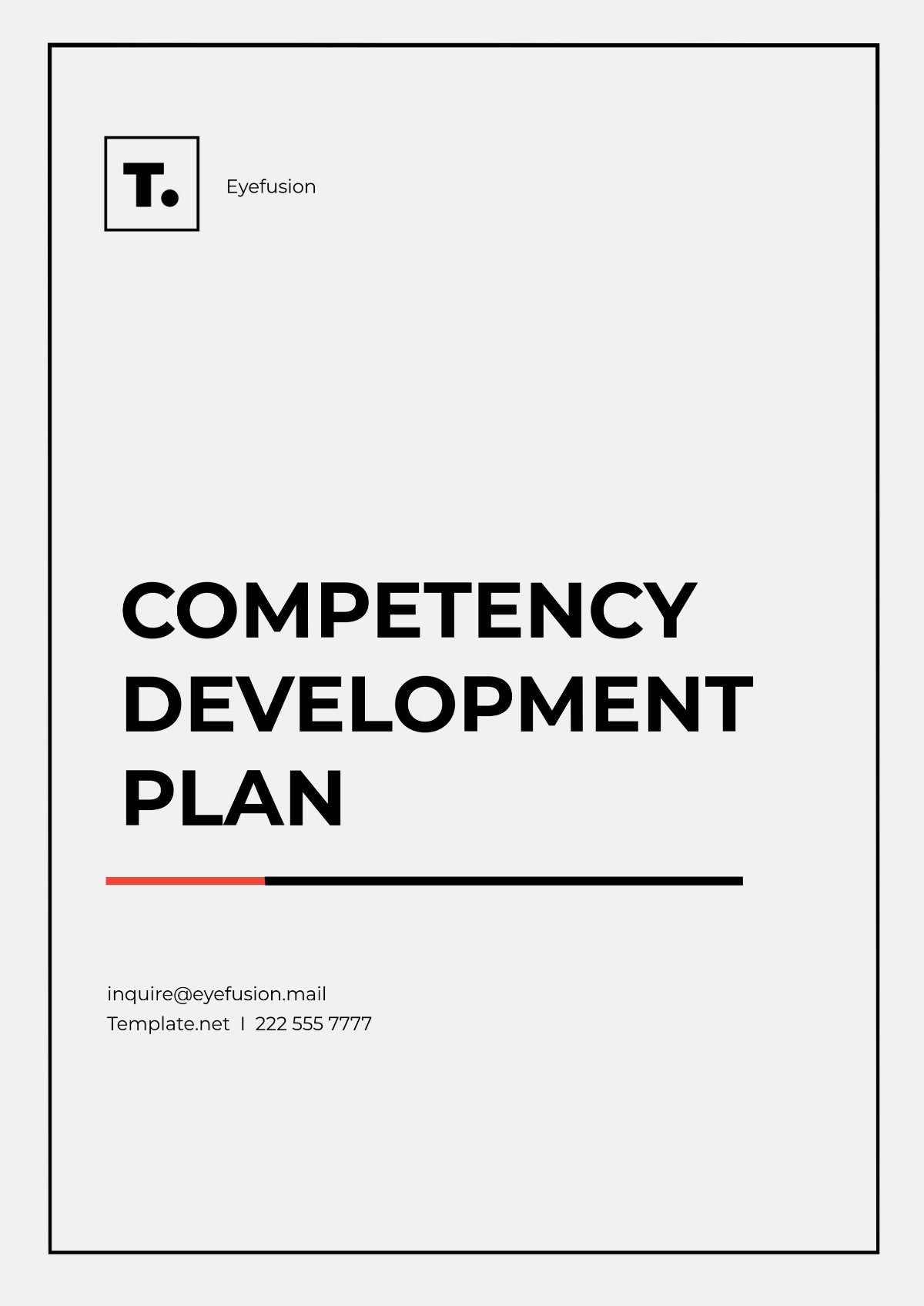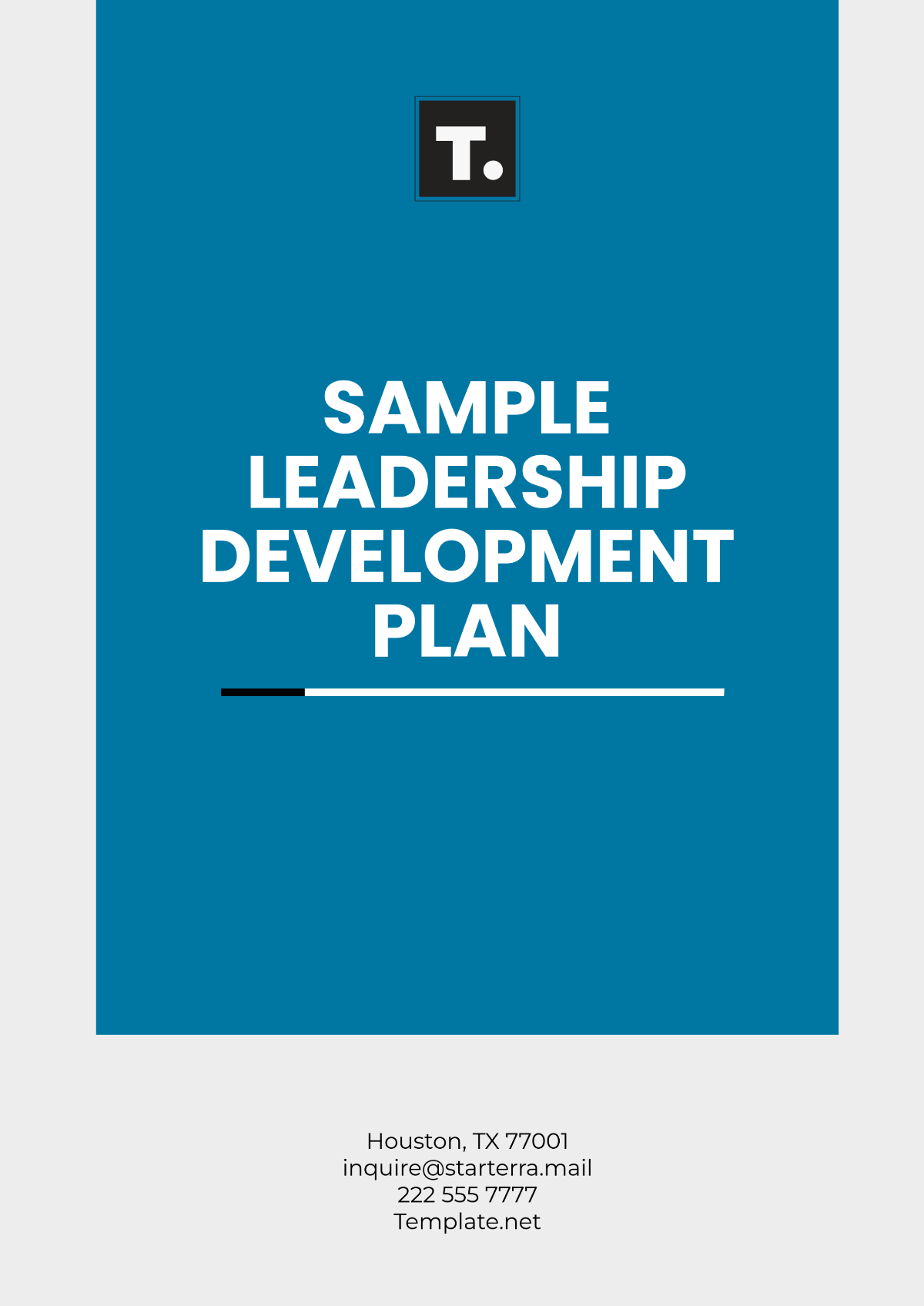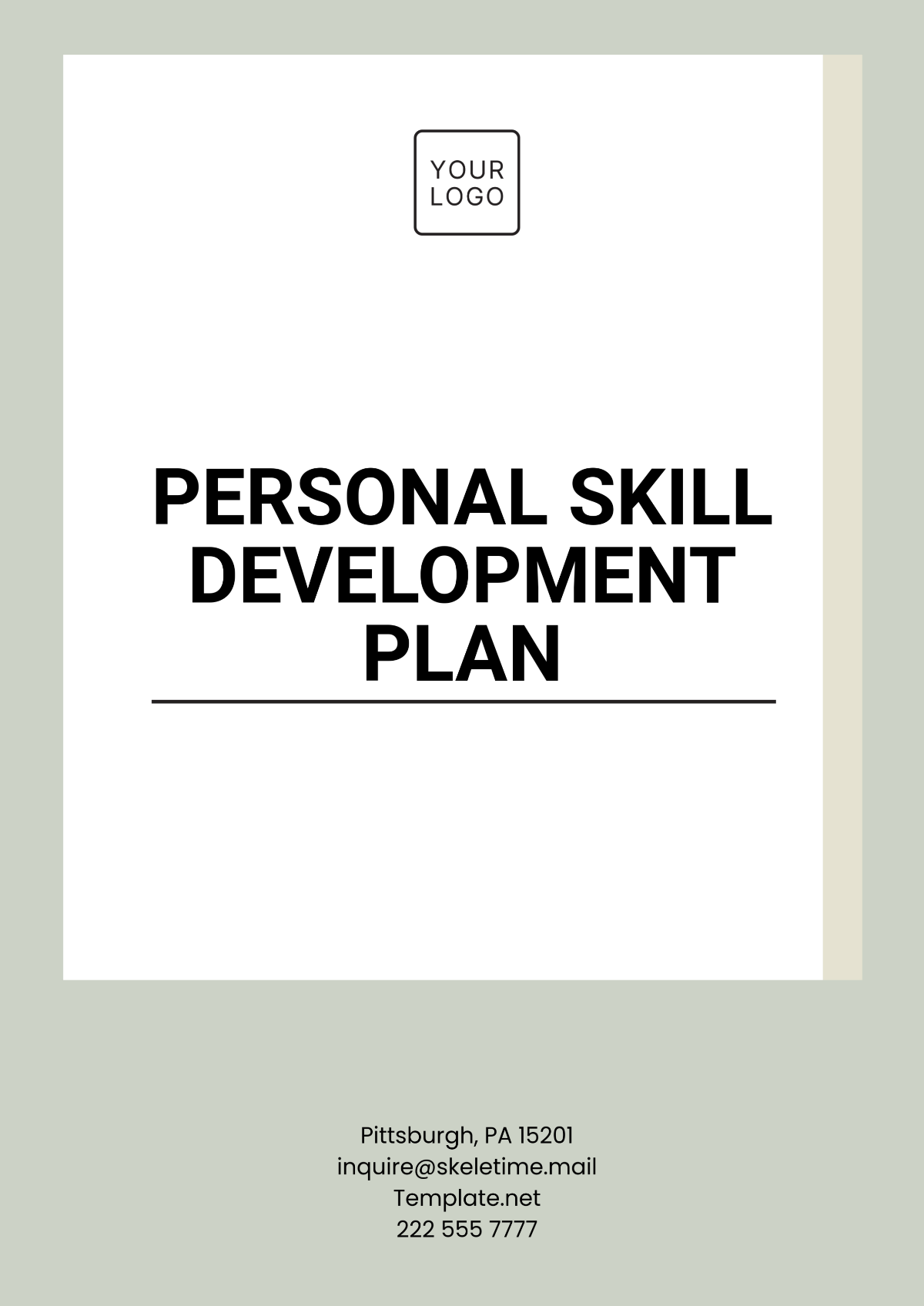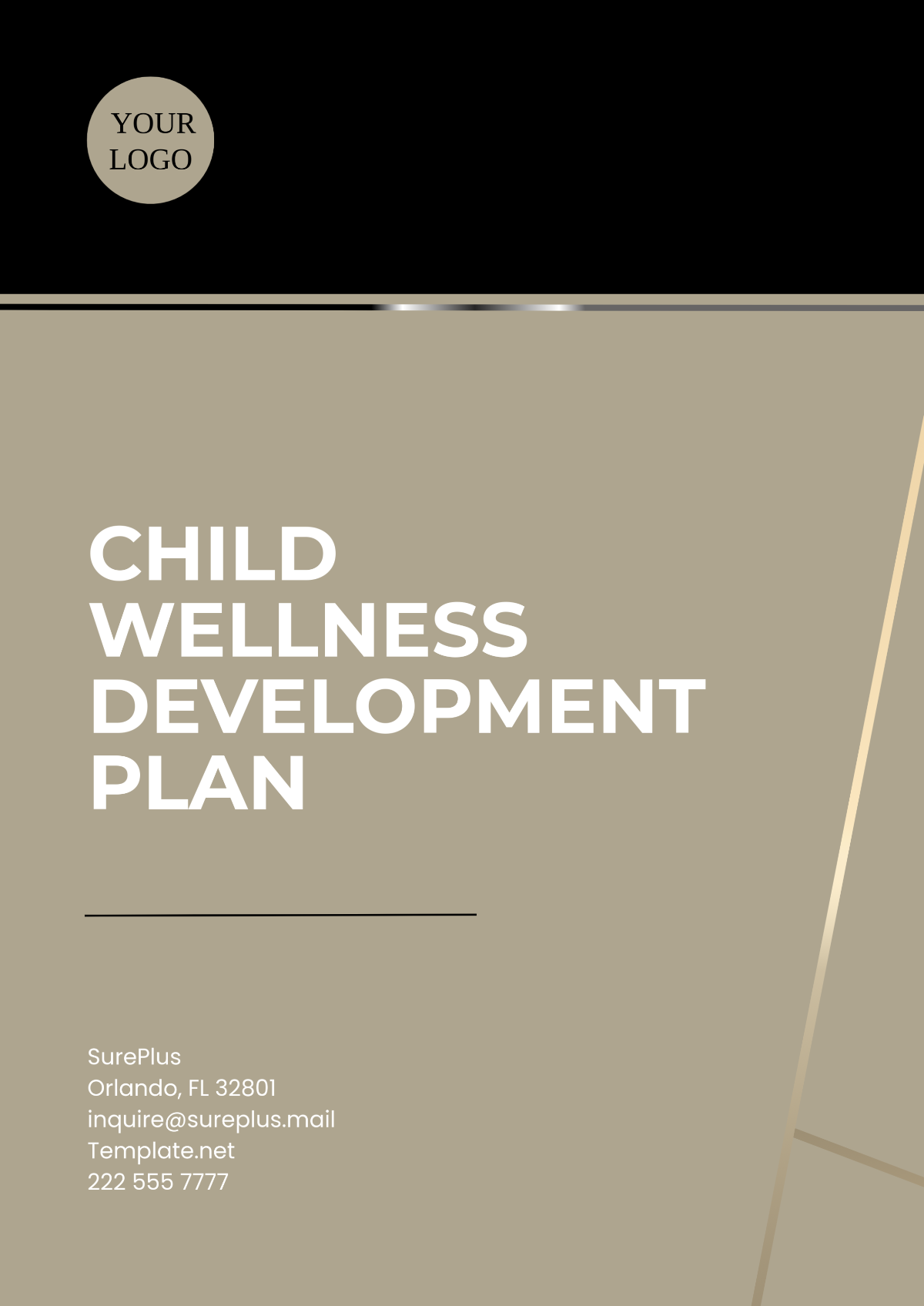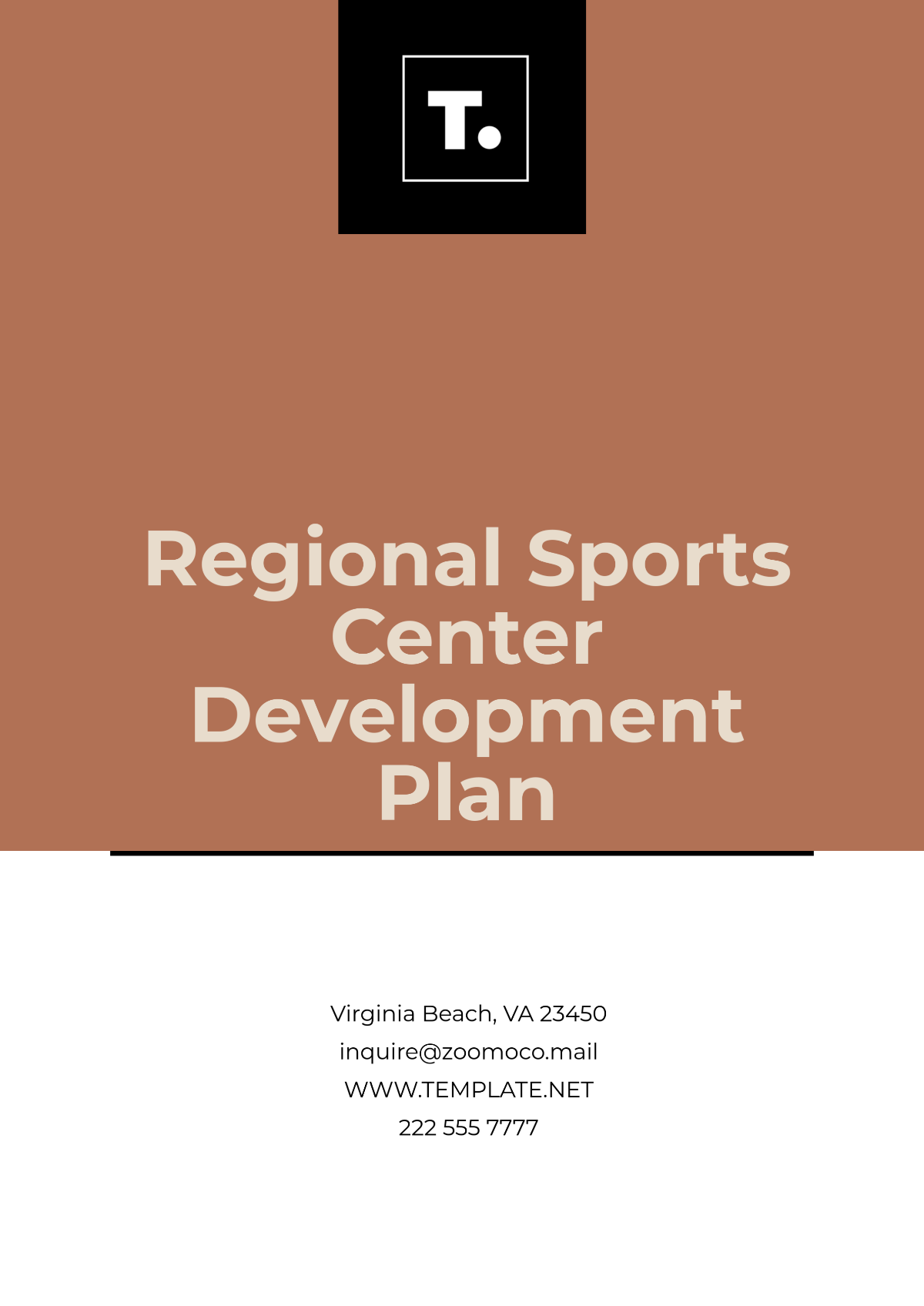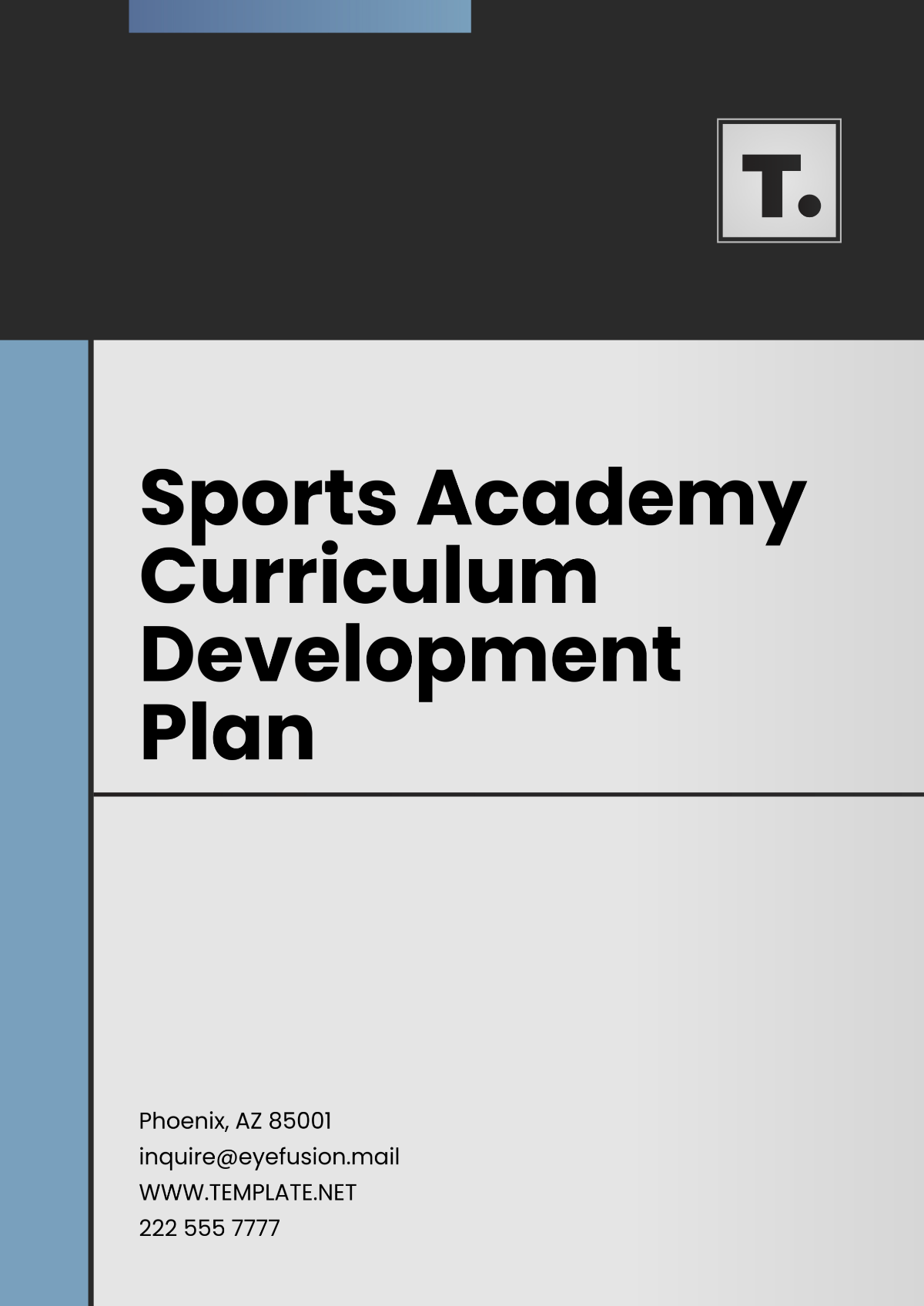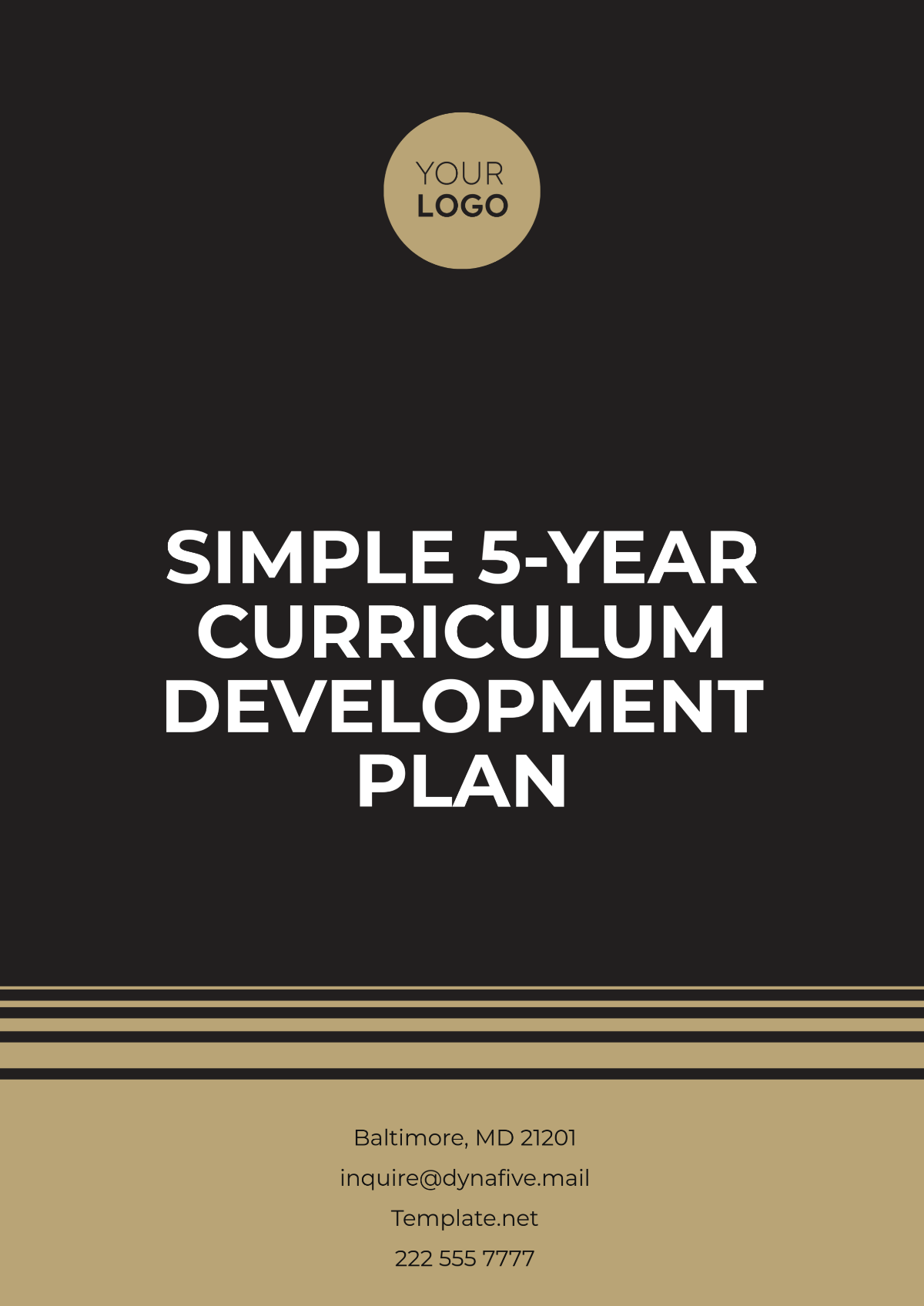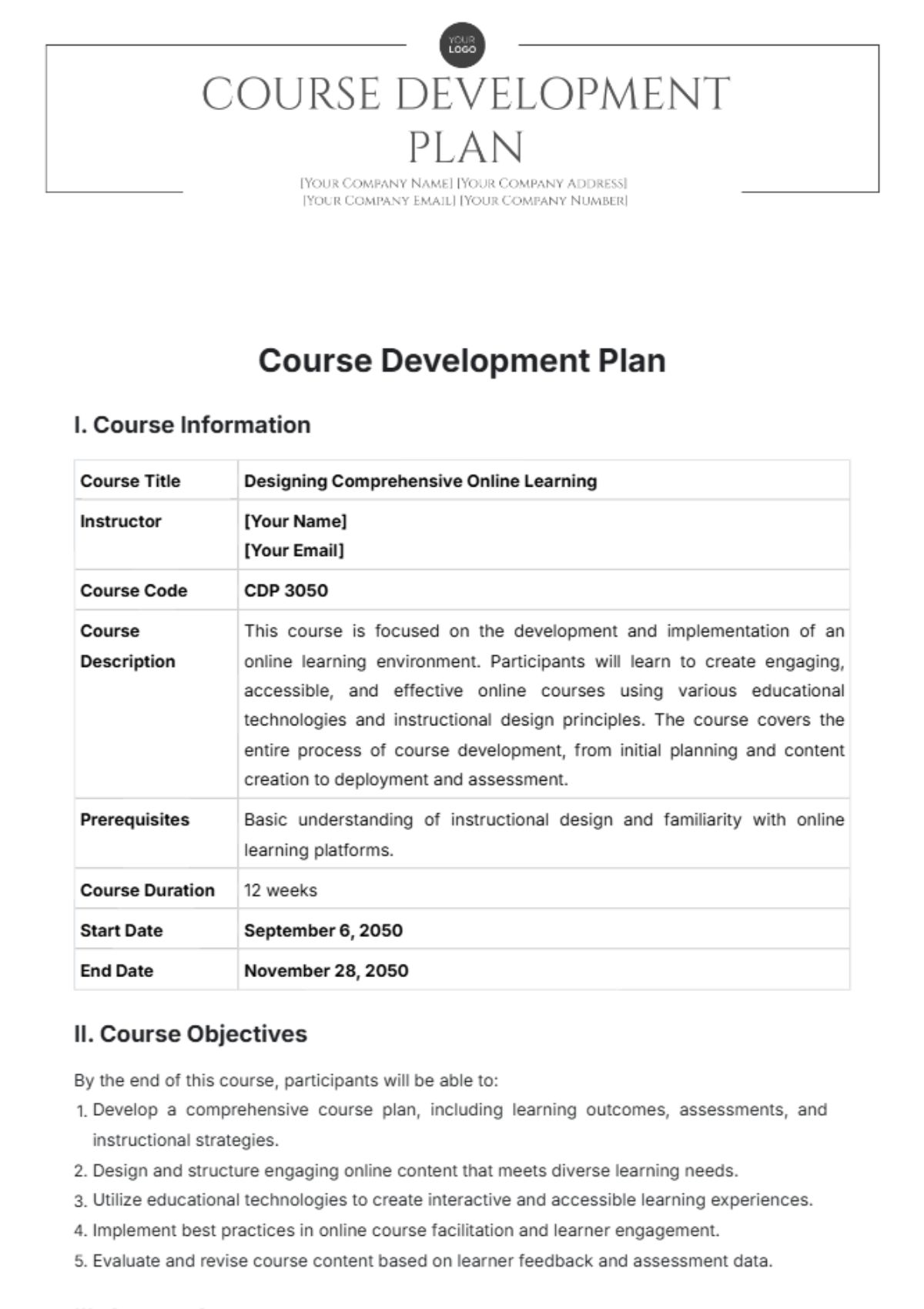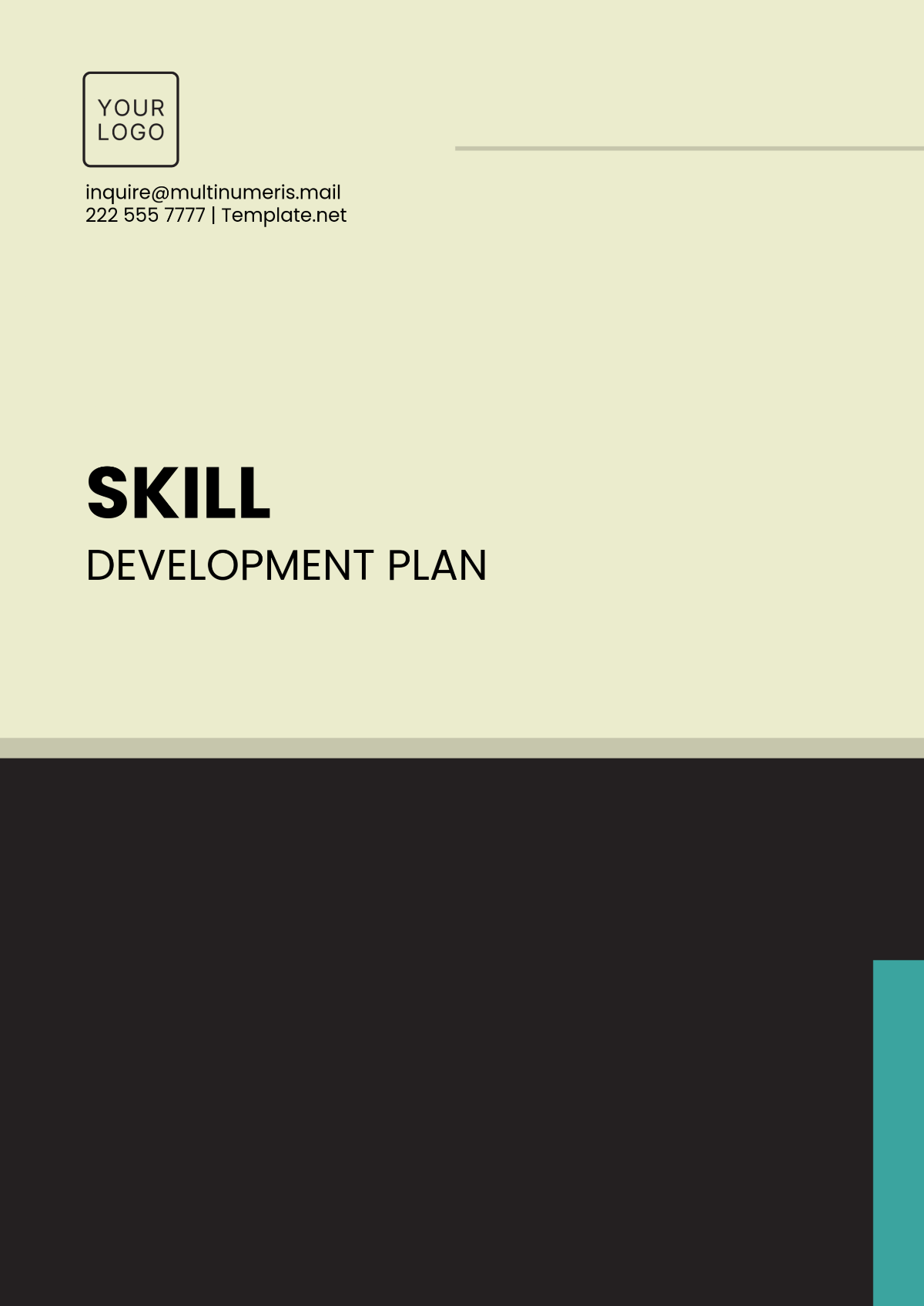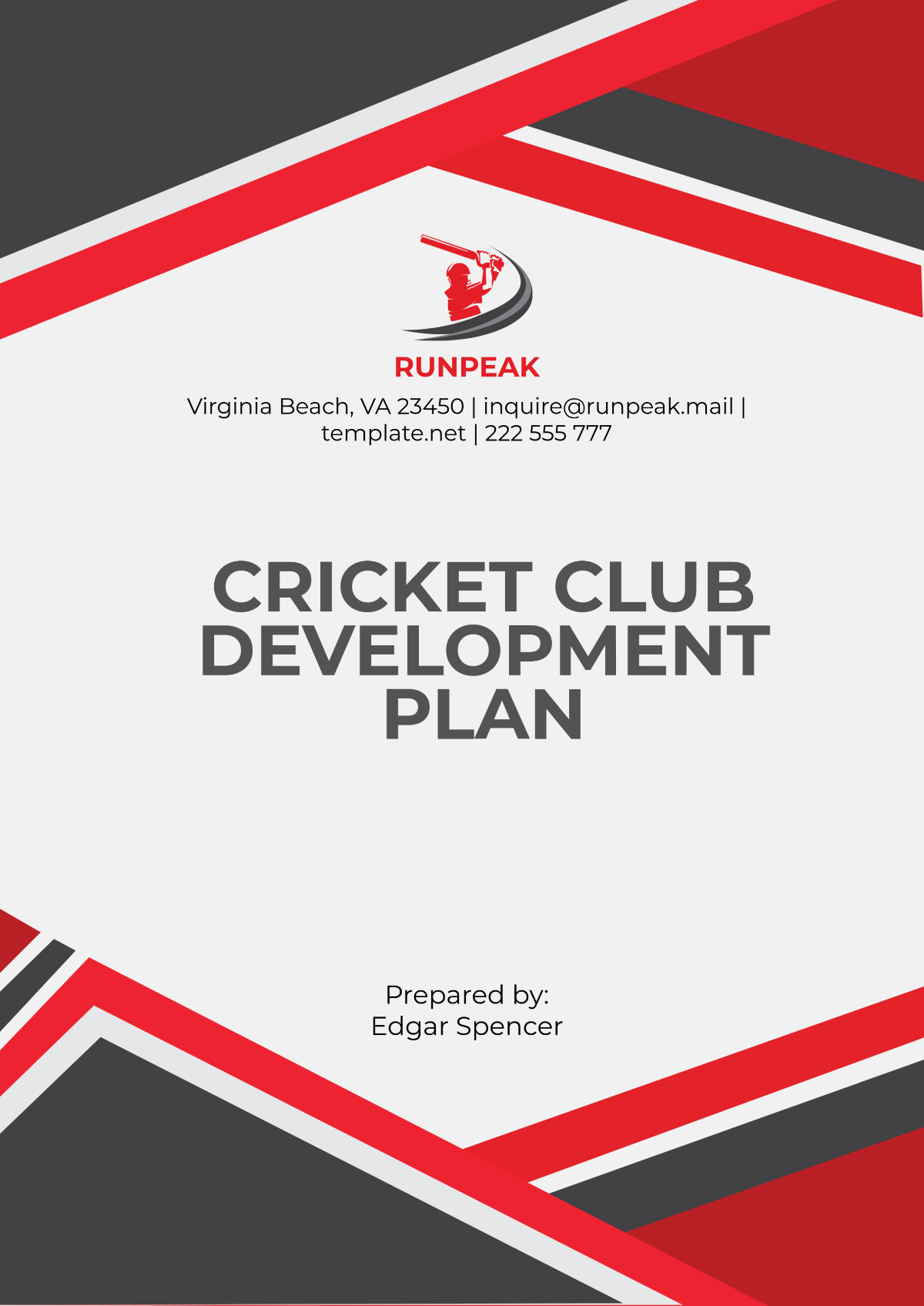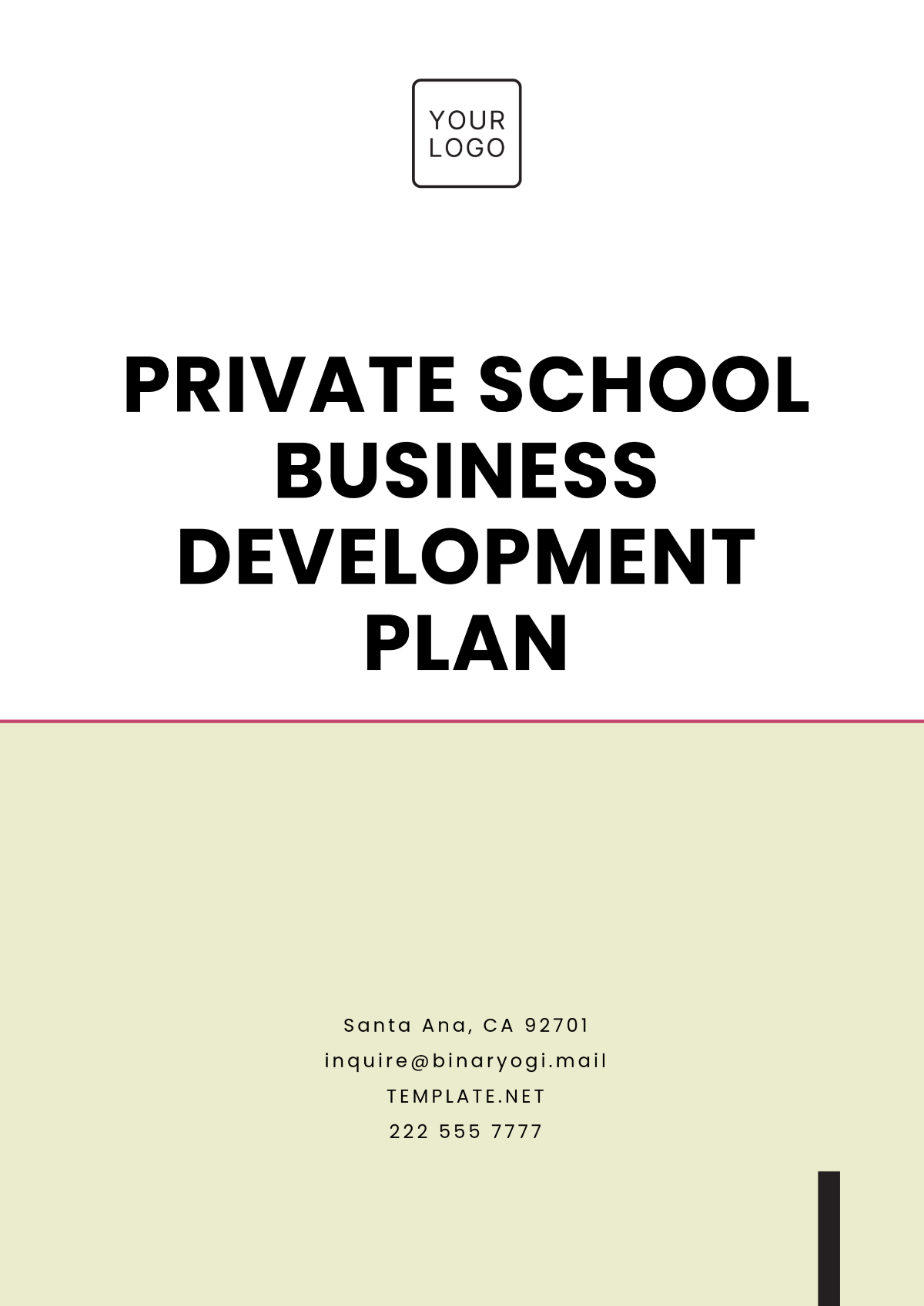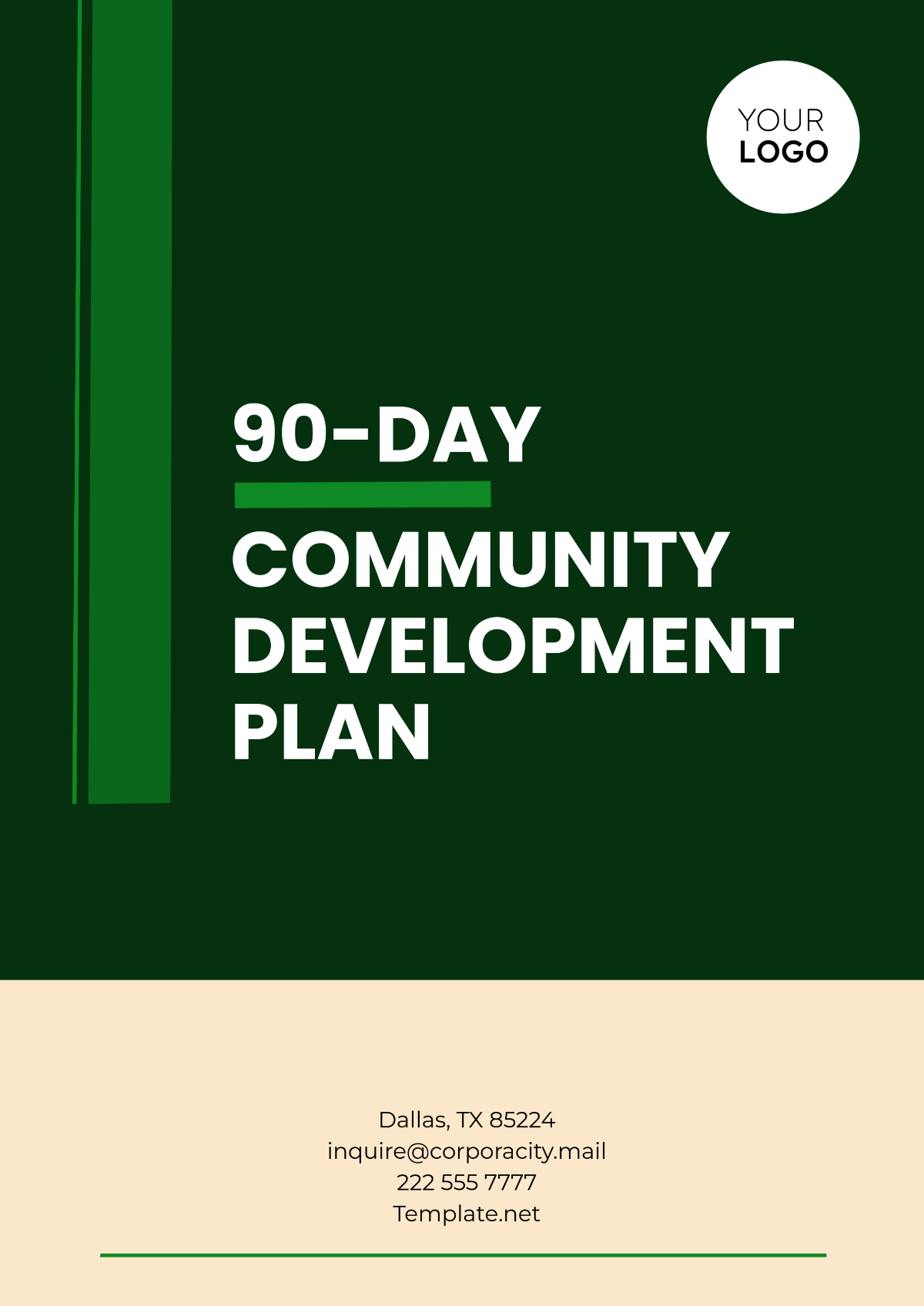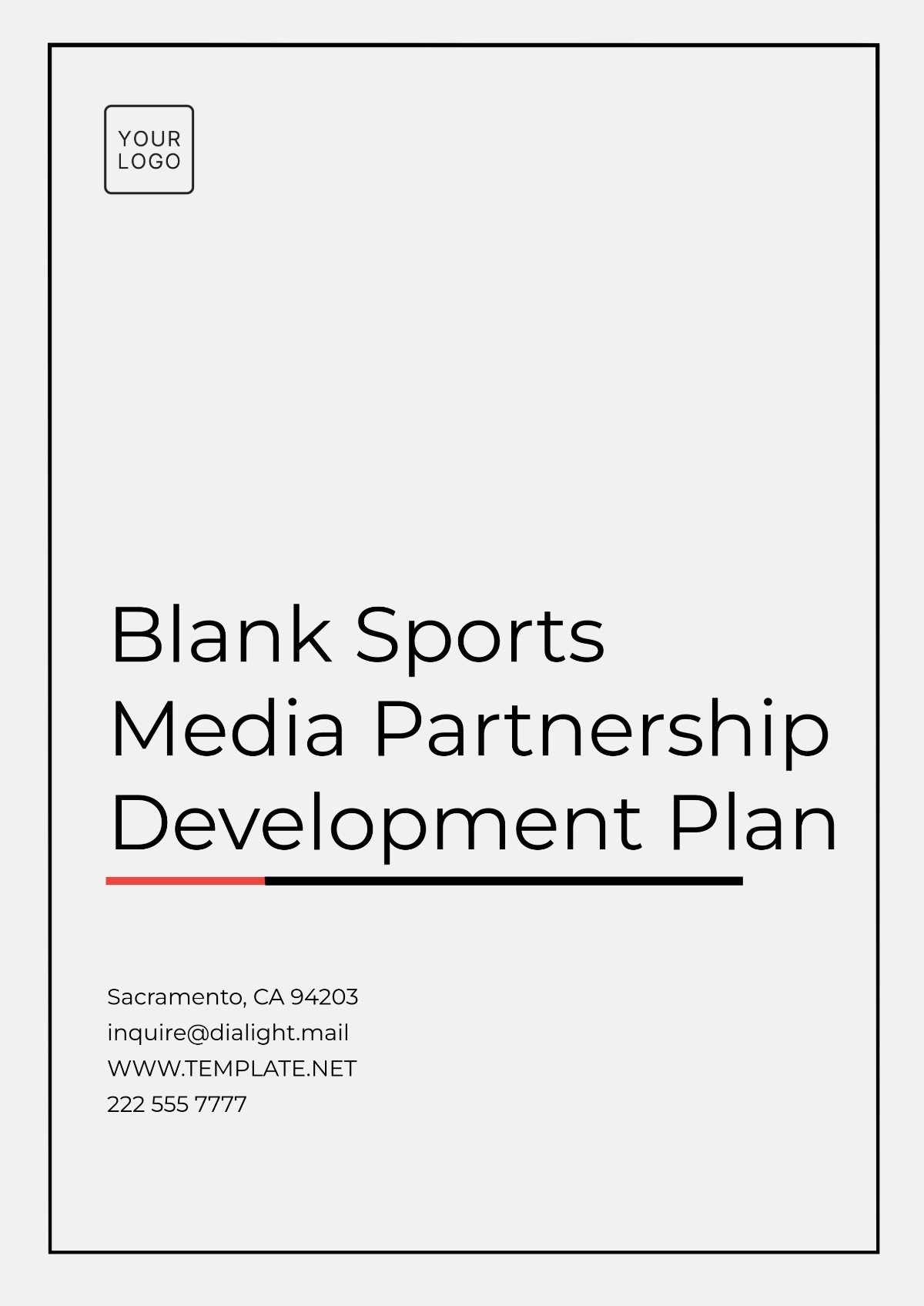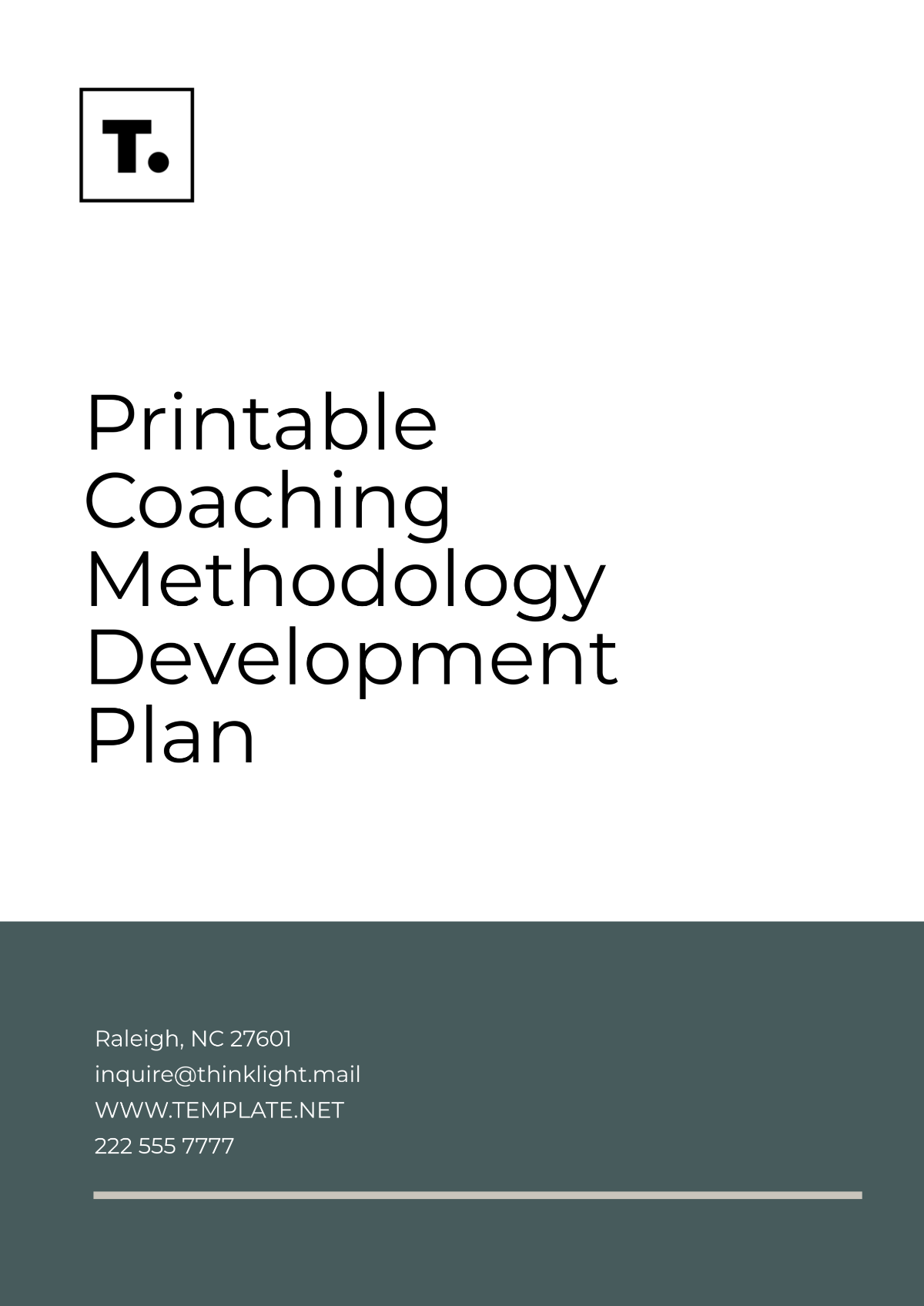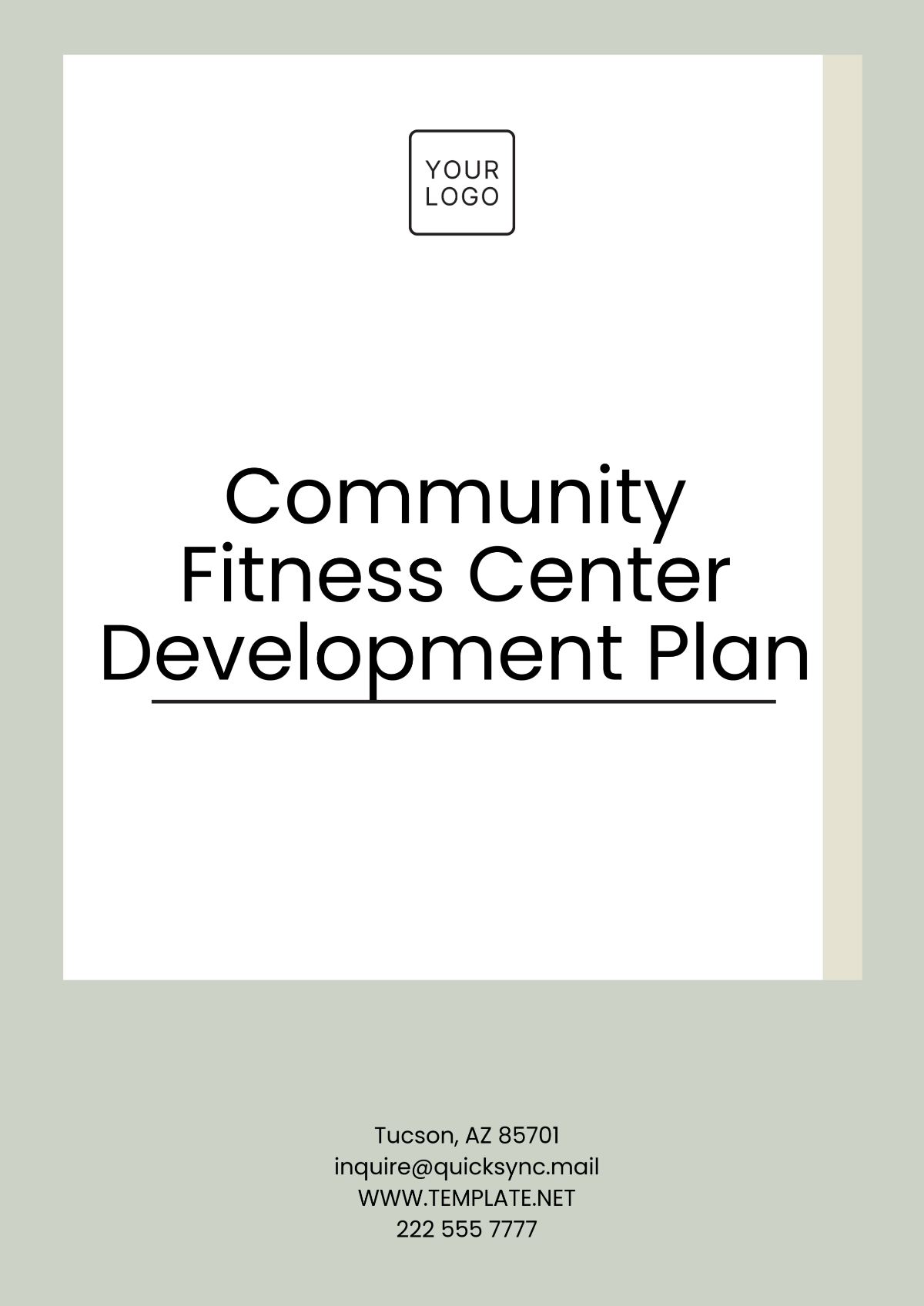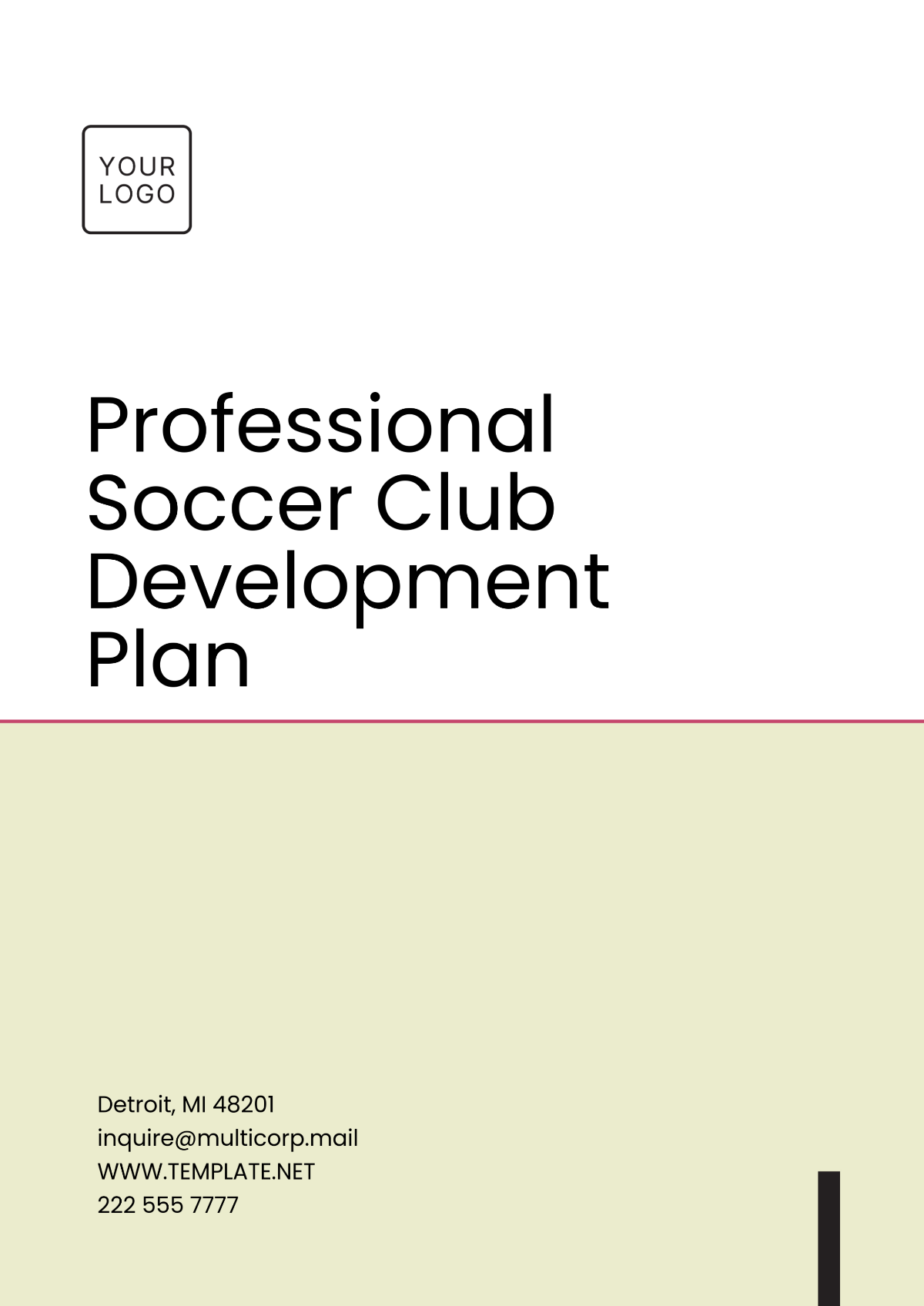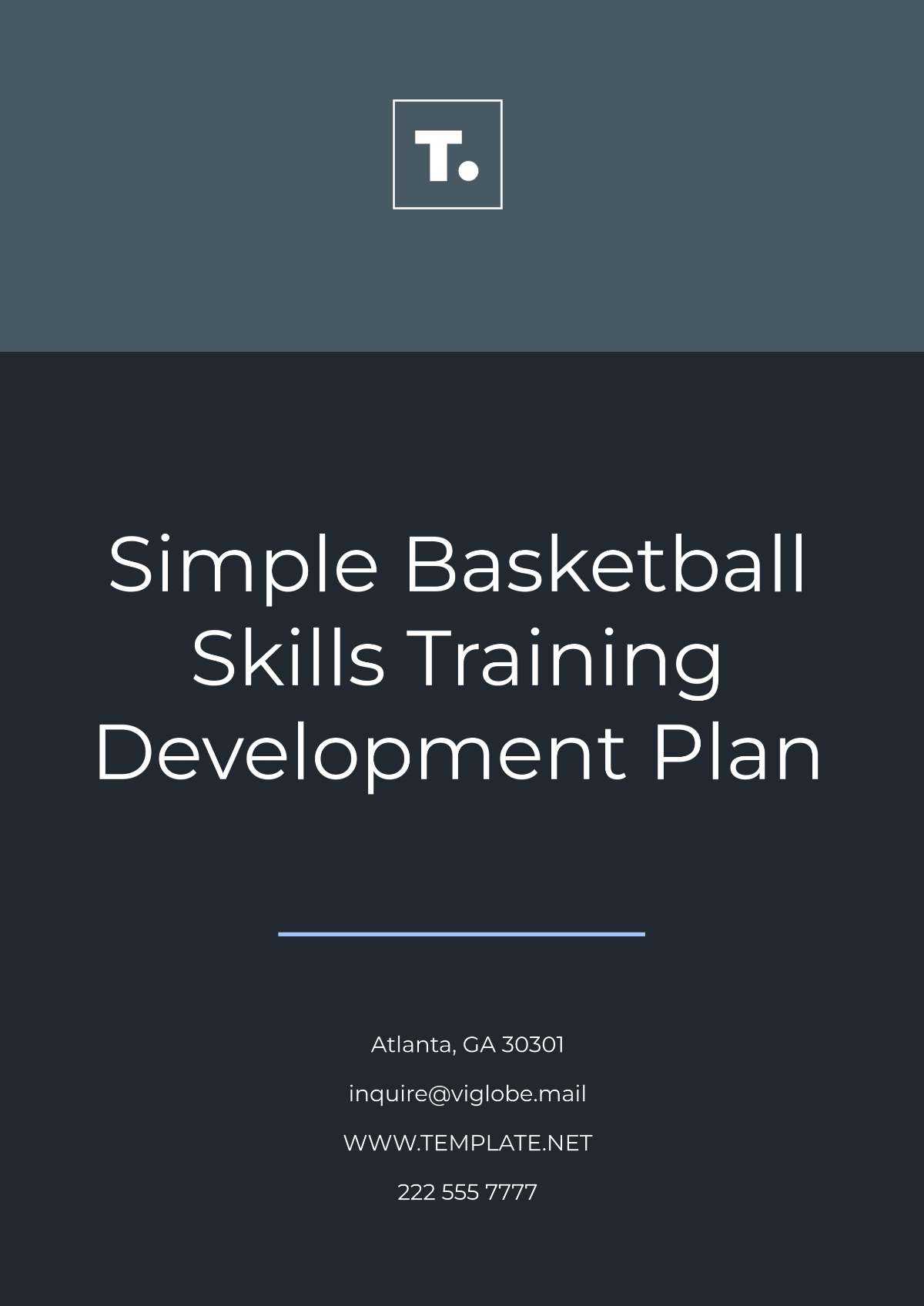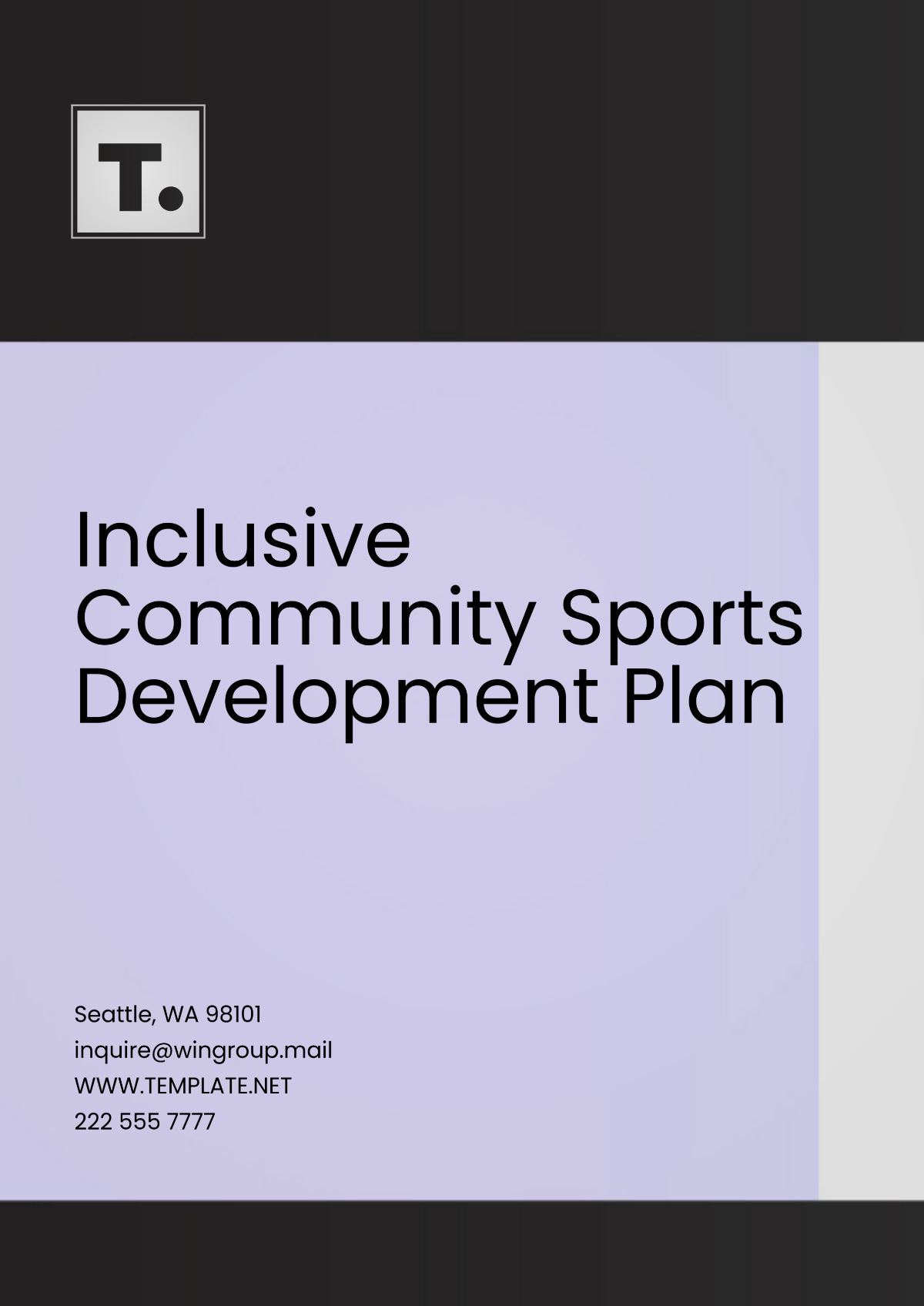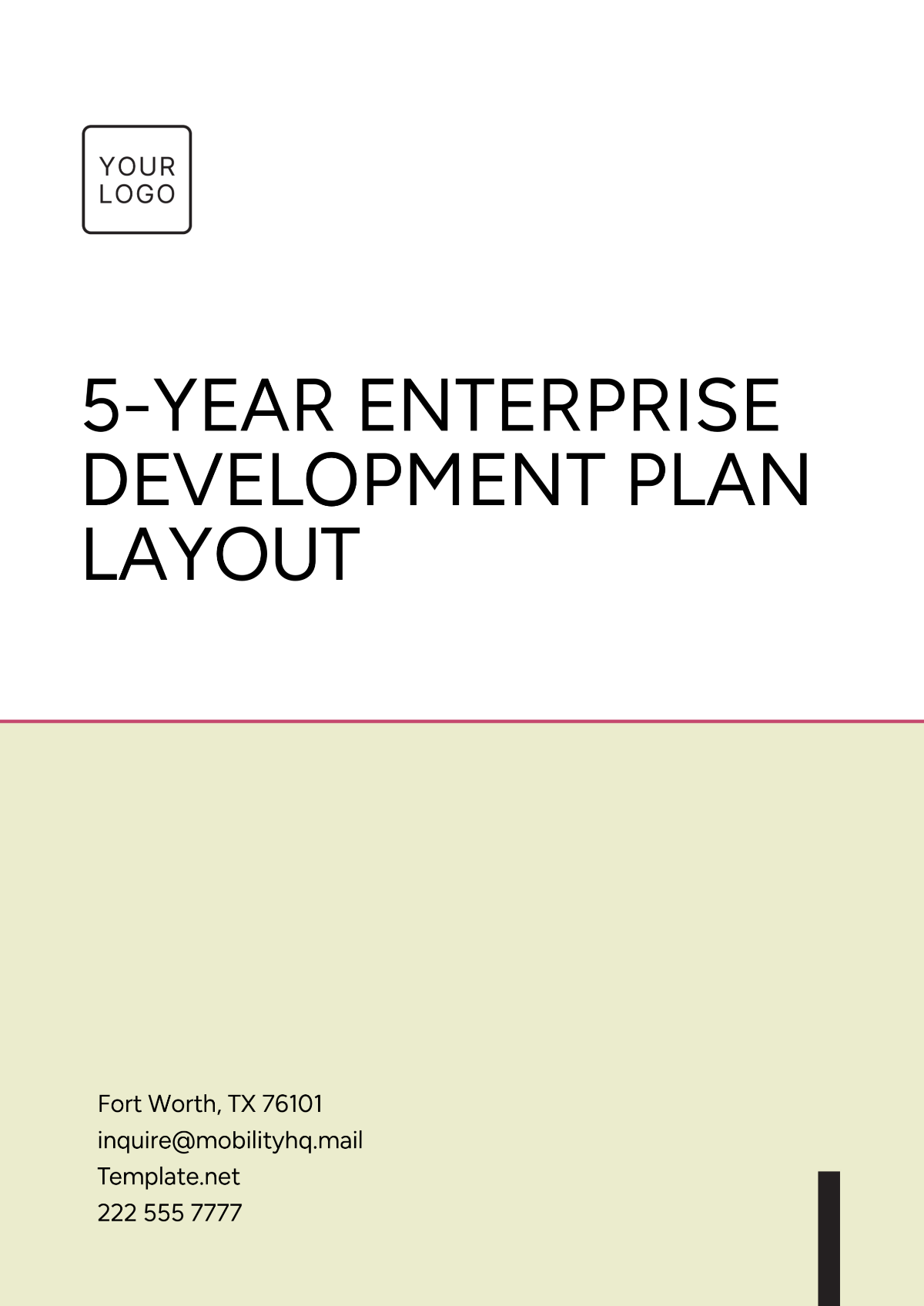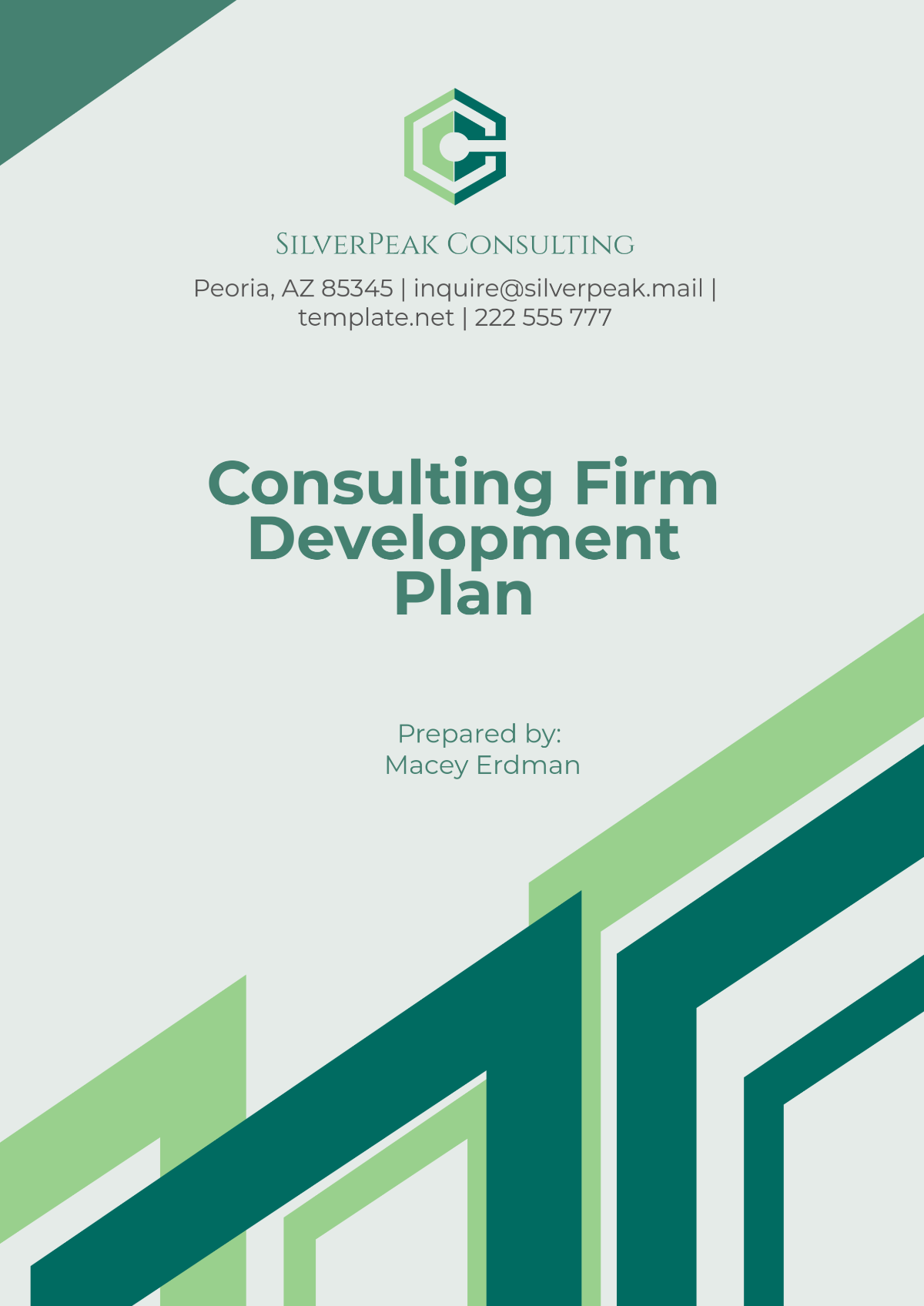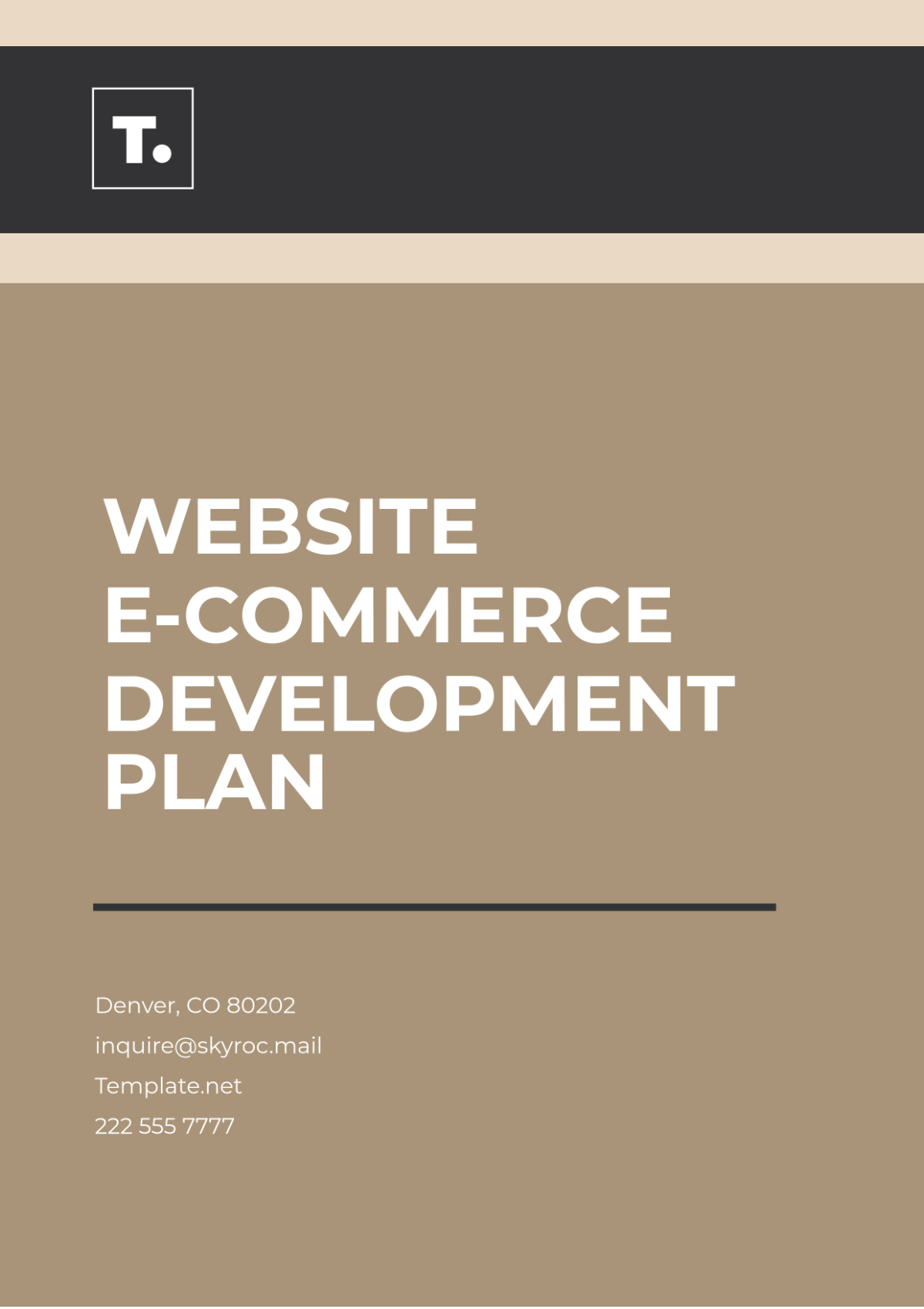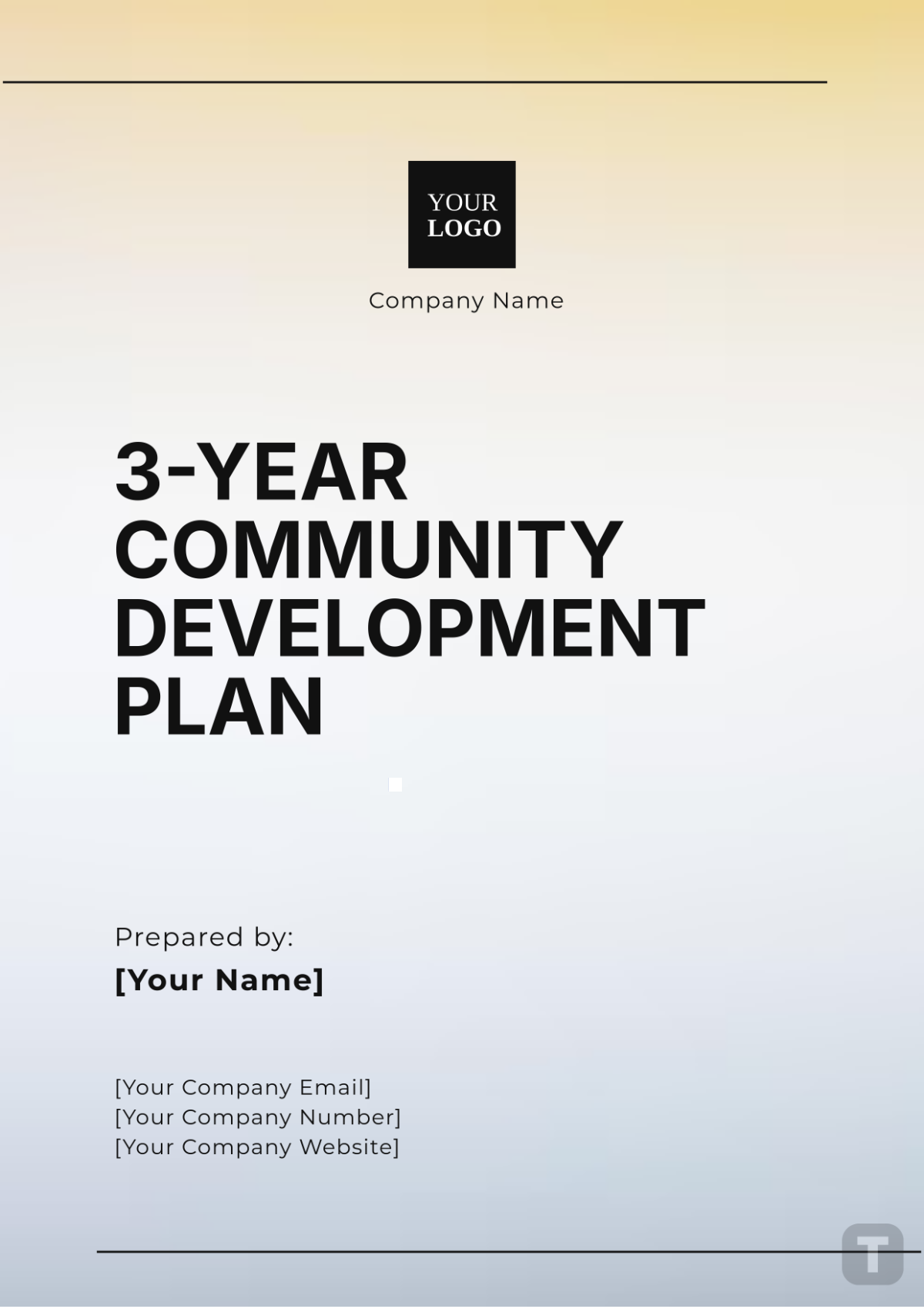Nursery Development Plan
Written by: [YOUR NAME]
Institution: [YOUR COMPANY NAME]
Date: January 1, 2050
I. Executive Summary
A. Introduction
This Nursery Development Plan outlines the strategic approach and steps required to establish and grow [YOUR COMPANY NAME]'s nursery. It includes an analysis of market opportunities, operational requirements, and the financial projections necessary to ensure the nursery's success.
B. Objectives
Establish a high-quality nursery that meets the needs of our community.
Create a sustainable and profitable business model.
Promote early childhood development through innovative and engaging programs.
C. Vision and Mission
Vision: To be the leading provider of exceptional nursery care and early childhood education in the region.
Mission: To nurture young minds in a safe, stimulating, and inclusive environment, fostering lifelong learning and development.
II. Market Analysis
A. Industry Overview
The nursery and childcare industry is experiencing significant growth due to increasing awareness of early childhood education's importance. Trends indicate a shift towards personalized learning and the incorporation of technology in early education.
B. Target Market
Our primary target market includes parents of children aged 0-5 in the local community. Secondary markets include working parents who require reliable childcare services and families seeking specialized early education programs.
C. Competitive Analysis
Competitor analysis reveals a mix of private and public nurseries in the area. Key competitors include [COMPETITOR 1] and [COMPETITOR 2]. Strengths of these competitors include established reputations and extensive facilities. Opportunities for differentiation include offering unique curriculum features and extended hours of operation.
III. Operational Plan
A. Location and Facilities
Location
Our nursery will be located at [YOUR COMPANY ADDRESS], selected for its accessibility and proximity to residential areas and workplaces.
Facilities
The nursery will feature:
Classrooms: Four classrooms designed for different age groups.
Play Areas: Indoor and outdoor play areas equipped with safe, age-appropriate toys and equipment.
Administrative Offices: Spaces for staff operations and parent consultations.
B. Staffing Requirements
Staffing Levels
Role | Number of Staff | Responsibilities |
|---|---|---|
Nursery Manager | 1 | Overall management and administration |
Early Childhood Educators | 6 | Teaching and caregiving |
Assistants | 4 | Support educators and help with daily activities |
Administrative Staff | 2 | Handle enrollment, billing, and parent communication |
Qualifications and Training
All staff will hold relevant qualifications in early childhood education. Continuous professional development will be provided through workshops and training sessions.
C. Program Development
Curriculum
The curriculum will focus on holistic development, incorporating elements of the Montessori and Reggio Emilia approaches. Key areas include language development, cognitive skills, physical activities, and social-emotional learning.
Activities
Daily activities will include:
Morning Circle Time: Group discussions and storytelling.
Creative Arts: Painting, drawing, and crafts.
Physical Play: Outdoor play and structured physical activities.
Quiet Time: Naptime or quiet reading sessions.
IV. Marketing and Sales Strategy
A. Branding
[YOUR COMPANY NAME] will establish a brand identity centered on trust, quality, and innovation. Our key messages will highlight our commitment to nurturing young minds in a safe and supportive environment.
B. Marketing Channels
Digital Marketing
Website: An engaging and informative website showcasing our programs, facilities, and enrollment process.
Social Media: Active presence on platforms like Facebook and Instagram to engage with parents and the community.
Email Marketing: Regular newsletters and updates to keep parents informed and involved.
Traditional Marketing
Print Media: Flyers, brochures, and advertisements in local newspapers and magazines.
Community Events: Participation in local fairs, parent workshops, and open house events to build relationships and trust within the community.
C. Sales Strategy
Our sales strategy will focus on:
Enrollment Processes: Streamlined and user-friendly enrollment procedures.
Pricing Structure: Competitive pricing with flexible payment plans.
Promotional Offers: Early bird discounts and referral bonuses to encourage enrollments.
V. Financial Plan
A. Start-Up Costs
Expense Category | Estimated Cost ($) |
|---|---|
Facility Renovation | 50,000 |
Equipment and Supplies | 30,000 |
Marketing and Advertising | 10,000 |
Licensing and Permits | 5,000 |
Initial Staff Salaries | 20,000 |
Miscellaneous | 5,000 |
Total | 120,000 |
B. Revenue Projections
Year | Projected Enrollments | Average Tuition ($) | Total Revenue ($) |
|---|---|---|---|
2050 | 50 | 1,200/month | 600,000 |
2051 | 70 | 1,200/month | 840,000 |
2052 | 90 | 1,200/month | 1,080,000 |
C. Budget and Financial Goals
Operational Budget
Expense Category | Monthly Cost ($) |
|---|---|
Staff Salaries | 25,000 |
Utilities | 3,000 |
Supplies | 2,000 |
Maintenance | 1,000 |
Marketing | 1,500 |
Miscellaneous | 500 |
Total | 33,000 |
Financial Goals
Short-term: Achieve full enrollment within the first year of operation.
Long-term: Expand to multiple locations within five years.
VI. Implementation Plan
A. Timeline
Milestone | Target Date |
|---|---|
Finalize Location | January 2050 |
Complete Renovations | March 2050 |
Hire Initial Staff | April 2050 |
Launch Marketing Campaign | May 2050 |
Open for Enrollment | June 2050 |
Official Opening | September 2050 |
B. Risk Management
Identify potential risks such as licensing delays, unexpected costs, and low initial enrollments. Develop mitigation strategies like contingency budgeting and targeted marketing efforts.
C. Monitoring and Evaluation
Regularly monitor progress through key performance indicators (KPIs) such as enrollment numbers, financial performance, and customer satisfaction. Conduct quarterly reviews to evaluate success and make necessary adjustments.
